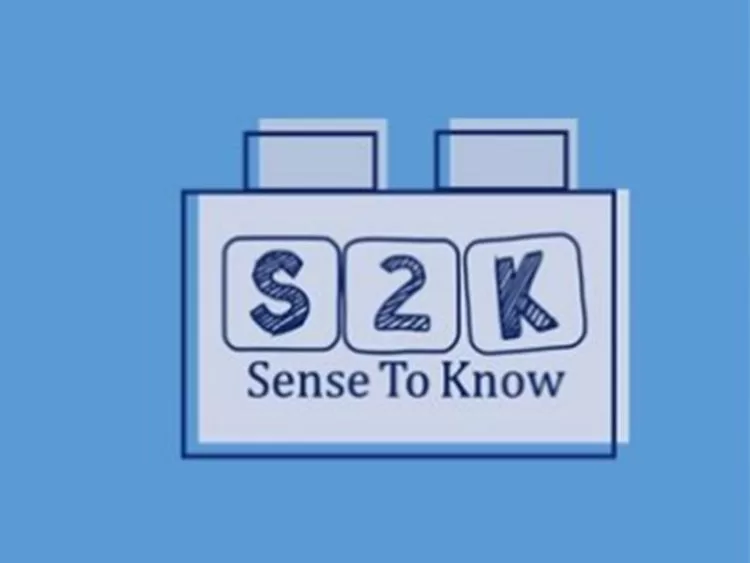
Researchers have created an Artificial Intelligence (AI)-powered app designed for tablets, capable of accurately screening children for autism. This app, named SenseToKnow, assesses various distinctive behavioral indicators to provide scores evaluating the analyzed data’s quality, the confidence in its results, and the likelihood of the child being on the autism spectrum. The results are fully interpretable, offering a clear breakdown of the specific behavioral indicators that contributed to the conclusions.
This functionality equips healthcare providers with detailed insights on what aspects to consider when evaluating referred children for comprehensive assessments and intervention. According to Geraldine Dawson, Director of the Center for Autism and Brain Development at Duke University, “Autism is characterized by many different behaviors, and not all children on the spectrum display all of them equally, or at all.” She further notes that SenseToKnow captures a wide range of behaviors, providing a more nuanced and accurate representation of autism’s complexity and variability.
Unlike previous methods that focused on tracking eye movements, SenseToKnow encompasses a broader spectrum of behaviors, including facial expressions, gaze patterns, head movements, and blink rate. Additionally, it incorporates an on-screen bubble-popping game to assess motor movement and skills, recognizing delays in motor skills as one of the earliest indicators of autism.
The app leverages the tablet’s sensors without the need for calibration or special equipment, using AI to analyze the child’s responses and predict the likelihood of an autism diagnosis. Notably, the AI tool offers scores for both the quality of captured data and its confidence in the analysis, a distinctive feature highlighted by the researchers.
In a study involving 475 children during pediatric well-child visits, 49 of whom were later diagnosed with autism and 98 with developmental delay without autism, SenseToKnow demonstrated 87.8 percent sensitivity in detecting autism, accurately identifying most children with the condition. Its specificity, indicating the percentage of children without autism who screened negative, was 80.8 percent. The findings were published in the journal Nature Medicine.











